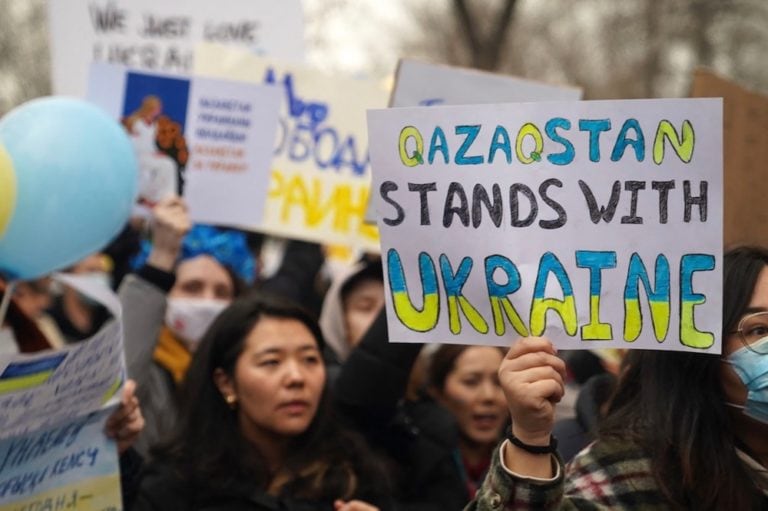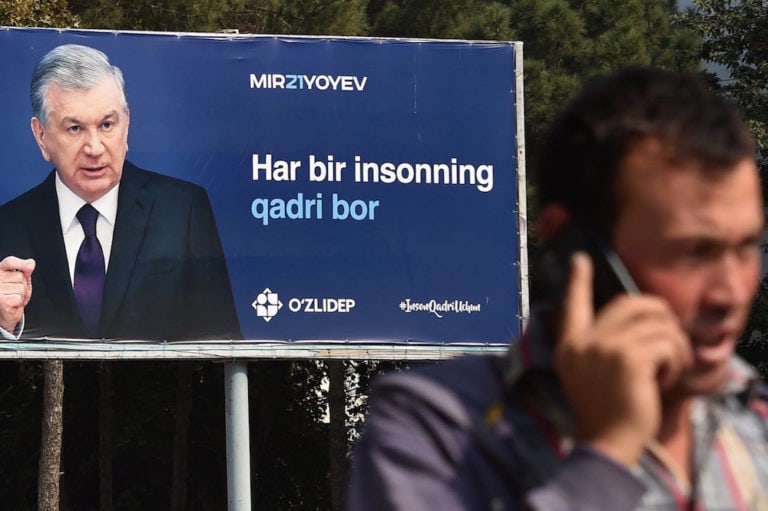(RSF/IFEX) – Independent journalist Serguei Ejkov’s website has been inaccessible within Uzbekistan since 26 June 2006, probably at the government’s behest, Reporters Without Borders (RSF) noted on 5 July. Access to many other opposition sites is blocked in this country, which RSF regards as one of 15 “Internet enemies”. “This country is ruled with an […]
(RSF/IFEX) – Independent journalist Serguei Ejkov’s website has been inaccessible within Uzbekistan since 26 June 2006, probably at the government’s behest, Reporters Without Borders (RSF) noted on 5 July. Access to many other opposition sites is blocked in this country, which RSF regards as one of 15 “Internet enemies”.
“This country is ruled with an iron hand by President Islam Karimov; only a few websites still manage to publish independent information critical of the government, and the Internet blacklist is getting longer and longer,” RSF said.
“We hope this censorship will not discourage local journalists and bloggers, as it is still possible to get round the filtering mechanisms put in place by governments,” the press freedom organisation added.
A former contributor to “Pravda Vostoka”, a newspaper controlled by the prime minister’s office, Ejkov is one of the very few journalists to be openly critical of the government. He launched his Russian-language site, http://www.uzmetronom.com, in April. Its blocking was “the traditional reaction of the authorities to viewpoints that stray from official discourse,” he said.
The site has a “government” section that covers the activities of the administration and parliament, and a “crime” section that criticises judicial errors. Regardless of their Internet service provider (ISP), people who try to access the site from within Uzbekistan get a “page not found” error message.
Since November 2005, all of the local ISPs have had to be hooked up to the network operated by the state-owned Uzbektelecom, which makes it easier to establish blacklists. Many other websites are blocked, including http://www.fergana.ru (a news site), http://www.freeuz.org (a site operated by the local press freedom group Freeuz) and http://www.ozodovoz.org (run by the NGO Free Word). Some of the pages on the http://www.centrasia.org news site are also blocked.
For information about ways to get round censorship, consult the RSF Handbook for Bloggers and Cyber-Dissidents (in Russian): http://www.rsf.org/article.php3?id_article=17625


